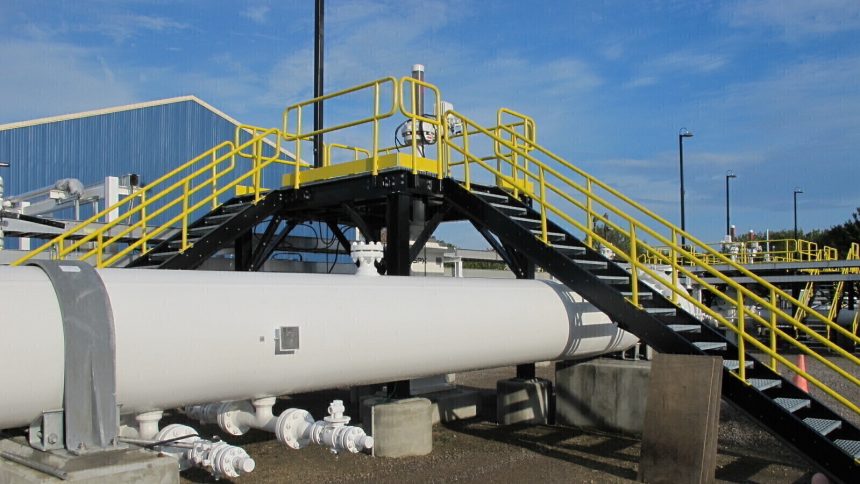This coverage is made possible through a partnership with Grist and Interlochen Public Radio in Northern Michigan.
Amidst the Line 5 pipeline controversy, waiting for the United States Department of Justice and the Biden administration to weigh in on tribal sovereignty and foreign relations has left many unsatisfied.
The Justice Department’s amicus brief supported claims from a Wisconsin tribe that Enbridge, a Canadian company, was trespassing on their lands by operating the Line 5 pipeline. The pipeline carries oil and natural gas liquids from Wisconsin to Ontario.
While the brief acknowledged Enbridge’s trespassing, it did not call for an immediate stop, prompting disappointment from tribal leaders.
The legal battle began in 2019 when the tribe sued Enbridge for trespassing, leading to a district ruling in June. Both Enbridge and the tribe are now appealing.
The Justice Department’s brief has recommended sending the case back to the district court to consider public interests, including diplomatic relations, energy concerns, and tribal sovereignty.
Concerns have been raised about the U.S. failing to uphold tribal sovereignty and instead protecting its interests with Canada in interpreting the pipeline treaty.
Enbridge, Canada, and the tribe have until April 24 to respond to the DOJ’s brief, with the court of appeals to make a final decision.
Editor’s note: Enbridge is an advertiser with Interlochen Public Radio. Advertisers have no role in IPR’s editorial decisions.






